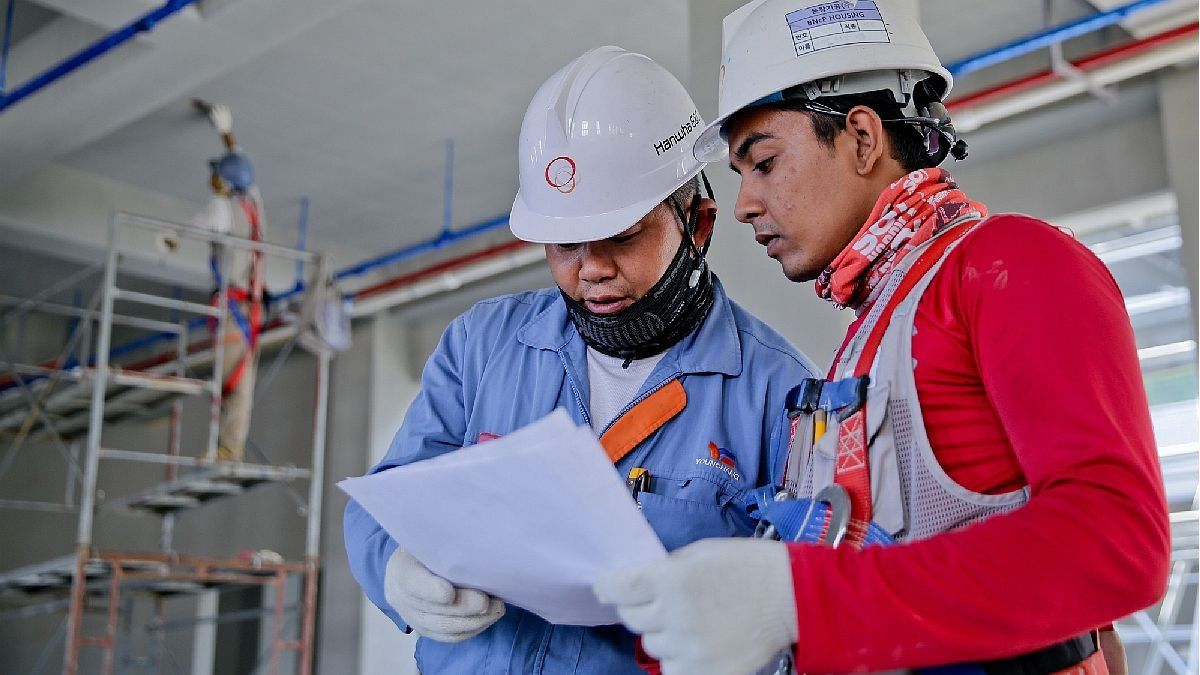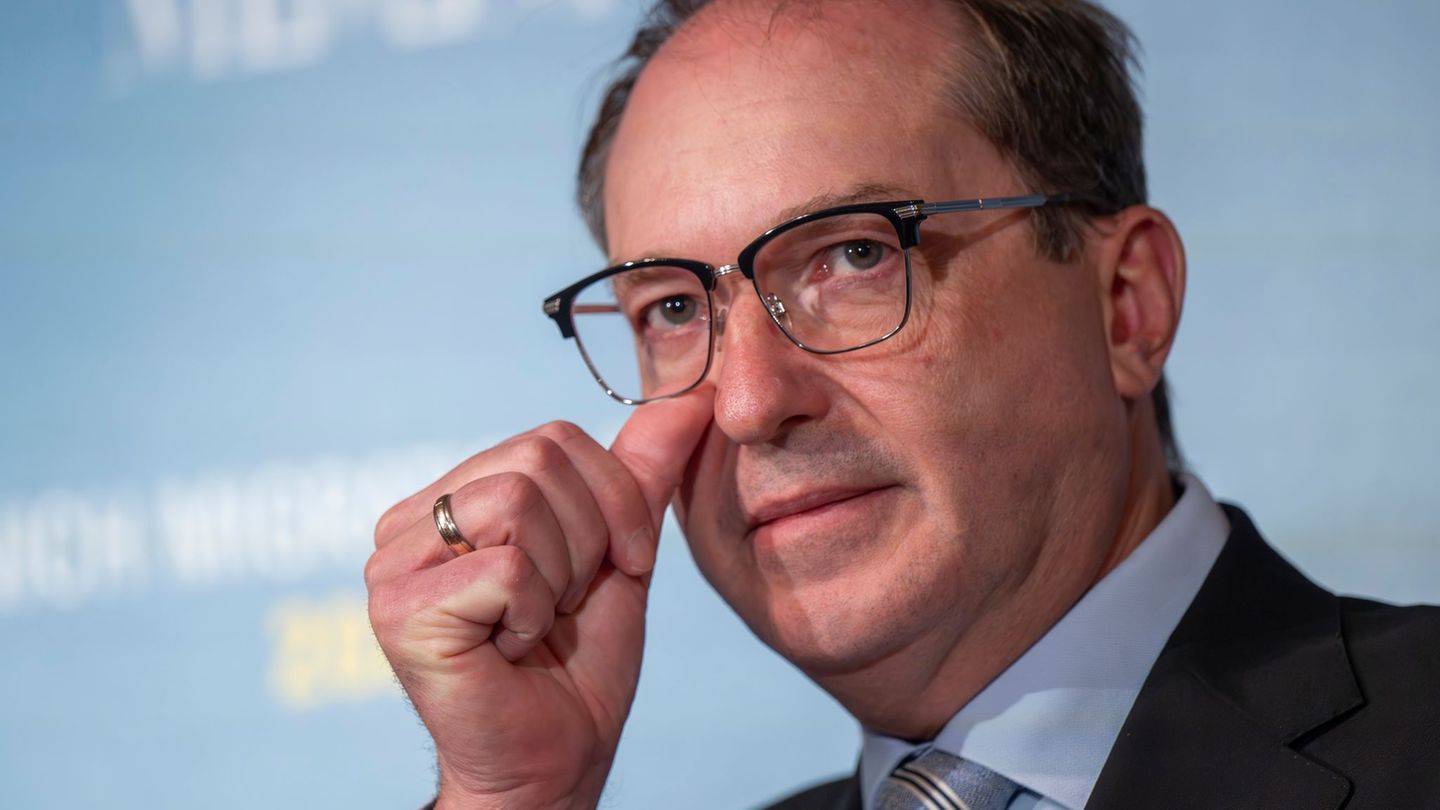However, the peak of private employment in the decade occurred in April 2018, when it reached 6,280 million, so the Government has not yet managed to recover the fall during the Cambiemos administration, according to the CEPA center in its latest report. on registered employment.
The Government is excited about the employment data. “Without being too optimistic, it is very likely that Alberto Fernández will end his presidency with an unemployment rate lower than that at the beginning of his term, something that is already happening, with the lowest unemployment in the last 20 years”, Roberto Arias, Secretary of Tax Policies of the Ministry of Economy, wrote on Twitter.
Just as private employment is at 2019 levels, the same is true of wages. If they are compared to the worst moment they reached in the pandemic (January 2021), they grew 4.6%. “To match the income prior to the Cambiemos adjustment, they should grow 28%. Until now, they have grown 0%”, indicated the latest situation report from the Mirador de la Actualidad del Trabajo y la Economía (Mate), based on the Indec salary index.
strain employment report.png
working poor
The salaries that are worse than in 2019 in real terms are those of public and informal employees. The public salary is 6% below 2019, and should grow 32% to recover the values of 2015. Meanwhile, unregistered workers are in the worst situation. They are 7% below 2019 and should have a 45% recomposition to resume the purchasing power of 2015. “Instead of advancing in that situation, they advanced in the opposite”, says Mate’s work.
Vice President Cristina Kirchner raised this criticism in her speech on Friday in Chaco. She stated that there is a “phenomenon that we have never known” which is that of workers in a dependency relationship who are poor. Furthermore, she added: “If I am a model of export and production, with low wages, and I also lack dollars, some things have to be checked because something is wrong.”
To accelerate the recomposition of income, deputy Máximo Kirchner presented a draft resolution in which Congress asks the Executive Branch to advance the minimum wage installments for August. The increase in the minimum wage will be 45% in 2022, in 4 sections that will end in December, so it will reach $47,850 in 2023. As this newspaper learned, for now the government will not move forward with this proposal.
What they assure in the Executive Branch is that the immediate reinforcement for the most vulnerable workers will arrive in May and June with the $18,000 bonus that social organizations hope will reach around 7 million people. Meanwhile, they assure that the measure for salaries was the reopening of joint ventures, which have been closing around 60%. The minimum wage is scheduled to have a review in August.
Jorge Ferraresi, Minister of Habitat and Vice President of the Instituto Patria, assured that “policies must not be superimposed”, in reference to the bond, and said that the Government has to take into account a “financial balance”, due to the impact that the minimum wage has on the more than 1 million social plans. “We must begin to transform social plans into employment,” he assured in statements to Futurock radio, and anticipated that the Government will add measures to “resolve the price of food.”
Source: Ambito
David William is a talented author who has made a name for himself in the world of writing. He is a professional author who writes on a wide range of topics, from general interest to opinion news. David is currently working as a writer at 24 hours worlds where he brings his unique perspective and in-depth research to his articles, making them both informative and engaging.




